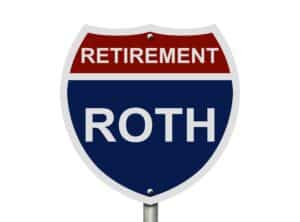
A Tax Free Retirement
The difference between Roth IRAs and traditional retirement plans is that rather than offering tax breaks on money initially contributed to the plan, you receive breaks on money withdrawn from your Roth IRA during your retirement. Your Roth IRA can be an account based off of stocks and bonds or an annuity contract purchased from a retirement agency. If filed timely, Roth IRAs also provide your beneficiaries with tax-free distributions.
Qualifications and Rules
Roth IRA qualifications are based on your household’s income and filing status. If you are single and make less than $129,000 a year, you can qualify for a Roth IRA. For married couples or joint account holders, the household income cannot exceed $191,000. The average income for Roth IRA holders levels around $50,000, making most American families eligible for this retirement plan. A contribution limit of $5,500 a year is standard across the board for all Roth IRA account holders. You can also contribute to your Roth IRA account at any point in your life as long as you have earned income from employment.
Benefits
Roth IRAs offer several benefits to retirees. Tax free withdrawals work for individuals who plan to have a high tax rate during their retirement. Roth IRAs also allow for flexible account withdrawals without penalties or fees, such as money for a new home or higher-education costs. While traditional IRAs mandate withdrawals after the age of 70, you are not required to make any withdrawals with a Roth IRA plan. This allows your money to continuously grow, which is perfect for estate planning. Your heirs will benefit from the Roth IRA tremendously with the ability to access retirement funds throughout their lifetimes.
How could you benefit from tax-free income in your retirement?
